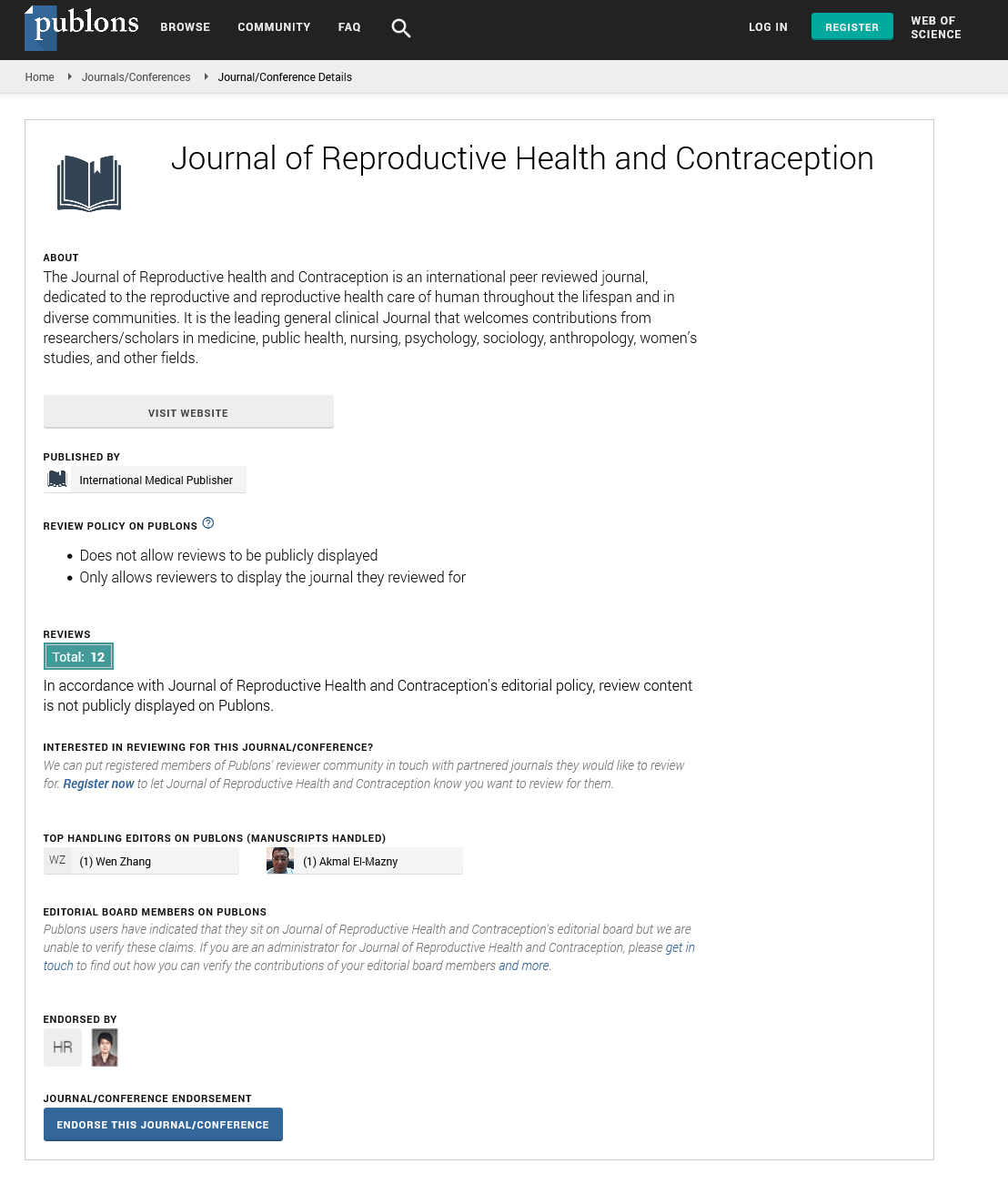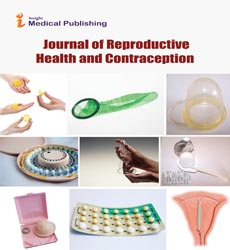Abstract
Integrating Cervical Cancer Screening within HIV-NCD Clinics in Neno, Rural Malawi: Lessons from the Field
Malawi has the second highest age-standardized incidence rate and the highest mortality rate of cervical cancer in the world. Additionally, the country has a high HIV prevalence rate, which is currently 11.7% among women of reproductive age. Despite the increased risk of cervical cancer among HIV positive women, there are low rates of cervical cancer screening among HIV positive women in Malawi. To address this issue, we integrated cervical cancer screening into an HIV-Non communicable disease (NCD) clinic at Neno District Hospital, Malawi, between January 2017 and March 2018, using the Plan-Do-Study-Act cycles of quality improvement model.One year after integration of these services, 73% (n=547) of all eligible HIV positive women enrolled in HIV care were screened for cervical cancer and 85.3% of these received the screening test for the first time in their life. The number of HIV positive women accessing cervical cancer services increased almost 10 times (4 per month to 39 per month, p<0.001). After integration, the HIV-NCD clinic contributed to 43.3% of all clients that accessed cervical cancer screening services at the district hospital. The total number of women accessing cervical cancer services regardless of HIV status increased by 208% (29 to 90 women per month, p<0.001). The visual inspection of the cervix using acetic acid (VIA) positive rate increased from 2.2 to 3.9% (p=0.23).Key enablers in our quality improvement process included: strong mentorship, regular provision of cervical cancer prevention health talks, standardized Ministry of Health cervical cancer prevention training, consistent community engagement, continuous monitoring and evaluation, and direct provision of resources to strengthen gaps in the public system. This practical experience of integration of cervical cancer screening may provide valuable lessons for scale up in rural Malawi.
Author(s):
George C Talama, Mairead Shaw, Jordan Maloya, Tafwirapo Chihana, Lawrence Nazimera, Emily B Wroe, Chiyembekezo Kachimanga
Abstract | PDF
Share this

Google scholar citation report
Citations : 201
Journal of Reproductive Health and Contraception received 201 citations as per google scholar report
Journal of Reproductive Health and Contraception peer review process verified at publons
Abstracted/Indexed in
- Google Scholar
- China National Knowledge Infrastructure (CNKI)
- WorldCat
- Publons
Open Access Journals
- Aquaculture & Veterinary Science
- Chemistry & Chemical Sciences
- Clinical Sciences
- Engineering
- General Science
- Genetics & Molecular Biology
- Health Care & Nursing
- Immunology & Microbiology
- Materials Science
- Mathematics & Physics
- Medical Sciences
- Neurology & Psychiatry
- Oncology & Cancer Science
- Pharmaceutical Sciences


